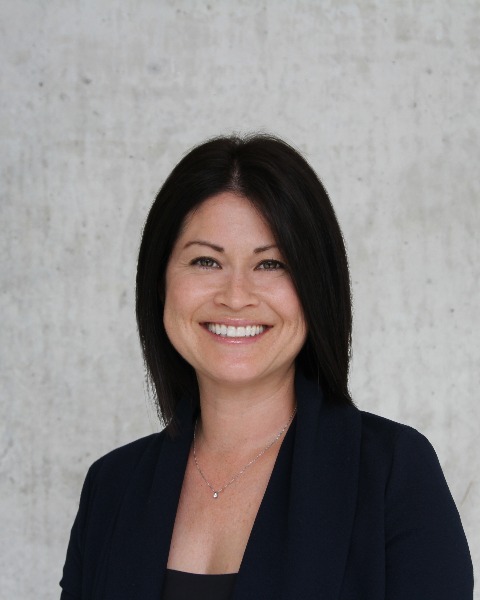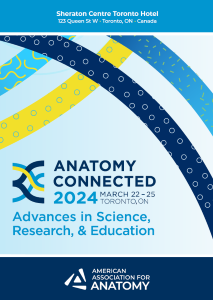Anatomy Education Posters
Poster: Anatomy Education Posters
152 - Evaluation of the Inaugural Anatomy Education Research Unconference
Sunday, March 24, 2024
5:00pm - 7:00pm US EDT
Location: Sheraton Hall
Poster Board Number: 152
There are separate poster presentation times for odd and even posters.
Odd poster #s – first hour
Even poster #s – second hour
Co-authors:
There are separate poster presentation times for odd and even posters.
Odd poster #s – first hour
Even poster #s – second hour
Co-authors:
Stefanie Attardi - Oakland University William Beaumont School of Medicine; Victoria Roach - University of Washington; George Nader - University of Toronto; Danielle Bentley - University of Toronto

Kristina Lisk, PhD, MSc, BScH
Assistant Professor
University of Toronto
Toronto, Ontario, Canada
Presenting Author(s)
Abstract Body : Introduction: Education research is a core value and expectation required of many anatomy scholars; however, literature suggests that anatomists doubt their ability to design and execute education research. Since traditional academic conferences highlight completed research, scholars may benefit from opportunities to receive formative feedback and insight from the scientific community throughout the research process. The Anatomy Education Research Unconference was developed for anatomists to collegially gather to discuss each other’s research proposals at the earliest stages of idea generation. The objective of this evaluation was to assess participant feedback for evidence of the Unconference’s impact on supporting scholars in developing their anatomy education research plans.
Method: The Unconference was a 1-day, semi-structured event consisting of breakout sessions and small group consultation. Breakout session topics were selected by participants through democratic voting. Content discussed in the breakout sessions was unplanned and based on the collective experiences of those in attendance, representing cooperative knowledge rather than that of a single expert. Participants also shared project ideas through Harvard Macy Step-back consultations. A post-event survey collected participants’ demographics and responses to Likert-style items about their unconference experience.
Results: The event hosted 33 research scholars from 16 North American institutions. Participants were students (n=7), junior-level scholars (n=10) and senior-level scholars (n=12) with an average of 7.2yrs (range: 0-44yrs) of research experience. Ninety-seven percent of participants reported that the Unconference met their expectations (n=32) and there was a near-unanimous belief that breakout sessions and Harvard Macy Step-back consultations encouraged a collegial exchange of knowledge (97%, n=32).
Conclusion: The Unconference provided an opportunity for participants to engage with fellow anatomy scholars while in the formative stages of their anatomy education research project and supported the collegial exchange of knowledge. The long-term impact of this event will be evaluated at the 1-year time point using qualitative methods.
Method: The Unconference was a 1-day, semi-structured event consisting of breakout sessions and small group consultation. Breakout session topics were selected by participants through democratic voting. Content discussed in the breakout sessions was unplanned and based on the collective experiences of those in attendance, representing cooperative knowledge rather than that of a single expert. Participants also shared project ideas through Harvard Macy Step-back consultations. A post-event survey collected participants’ demographics and responses to Likert-style items about their unconference experience.
Results: The event hosted 33 research scholars from 16 North American institutions. Participants were students (n=7), junior-level scholars (n=10) and senior-level scholars (n=12) with an average of 7.2yrs (range: 0-44yrs) of research experience. Ninety-seven percent of participants reported that the Unconference met their expectations (n=32) and there was a near-unanimous belief that breakout sessions and Harvard Macy Step-back consultations encouraged a collegial exchange of knowledge (97%, n=32).
Conclusion: The Unconference provided an opportunity for participants to engage with fellow anatomy scholars while in the formative stages of their anatomy education research project and supported the collegial exchange of knowledge. The long-term impact of this event will be evaluated at the 1-year time point using qualitative methods.

